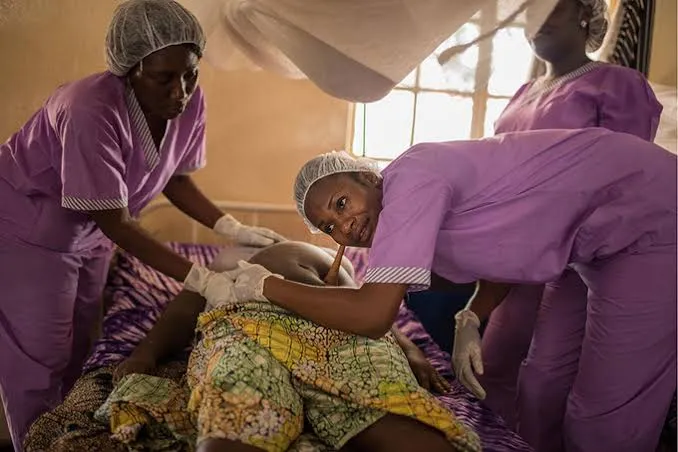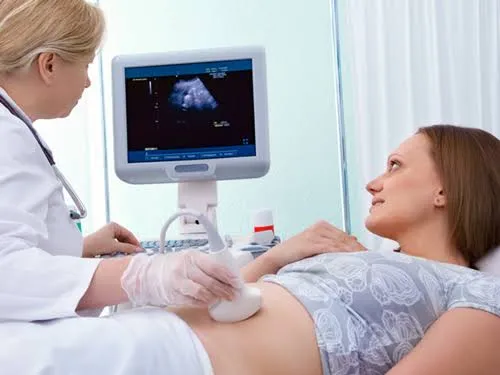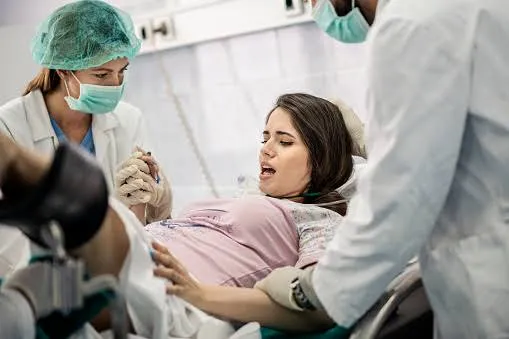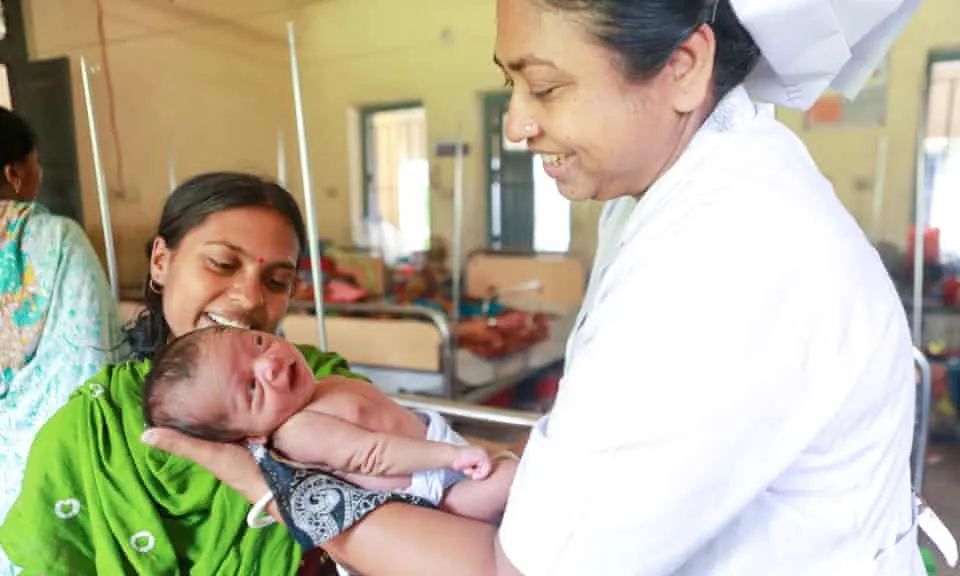For as far back as we can track, even before civilization, the idea of building families has always been an integral part of human existence. Having children, brothers, sisters, parents, grandparents, and then extended family more often than not feels more like the expected norm for the majority of the human race.
Central to this concept is procreation - having babies!
The joys of having a new baby to any couple or even society is usually something worth celebrating and it often brings happiness to our lives as humans.
It is therefore important that we, as much as possible, prevent any adverse events that may tamper with the well being of an unborn baby or have negative impacts on the life of a child in the future.
Right from when a woman gets pregnant, steps must be intentionally taken to ensure a healthy pregnancy.
We can broadly divide the events of childbirth into the antenatal period, the perinatal period and the post natal period.

THE ANTENATAL PERIOD
This is the period before delivery. It's the pregnancy period, so to speak.
This period is so important because the health of a child while in the mother can have far reaching effects up to later in life, after birth.
It is therefore important to seek medical attention once pregnancy is confirmed, especially when an Ultrasound confirms the pregnancy.
A lot of people today still believe in taking care of their pregnancy on their own without any medical input. While many people can get away with and have no problems with pregnancy and delivery, there are also many undetected complications that can occur from not seeking medical monitoring during pregnancy.
The fact that a woman has no disease conditions before pregnancy doesn't mean she is not at risk of pregnancy related conditions.
In fact a large number of women with pregnancy related conditions are usually otherwise normal before pregnancy.
A few common conditions that can be detected during the antenatal period include Hypertension in Pregancy and Diabetes in Pregnancy. Others are psychological changes, infections and even miscarriages from various factors.
Also, it's important to do certain tests that show how well your body is able to cope with pregnancy and serial Ultrasound scans to check the baby and be sure the baby is doing well.
All these and more can only be well evaluated by specialised antenatal care in a hospital.
So it's very important to visit the hospital and sign up for antenatal care once you are confirmed pregnant. Usually you will be seen at intervals of some weeks. The length of intervals depend on how much of focused care your pregnancy might need.

THE PERINATAL PERIOD
This is usually the period surrounding childbirth, usually from 22 weeks gestational age to about a week post delivery (although also sometimes defined broadly as the period before pregnancy up to about a year after pregnancy).
This is as important as the antenatal period.
Having given much attention to caring for your baby during pregnancy, it is not a guarantee that childbirth will be smooth. That's just the reality.
Anything can go wrong and this only emphasises the need for specialised care.
The events of childbirth should be handled by qualified medical personnel, including a trained midwife and/or an Obstetrician.
But a pregnant woman also needs to prepare for this period.
A few things to ensure would include:
- Having a delivery bag, usually containing consumables for delivery, clean clothes for a Newborn, sterile pads, and some money.
- Postponing travels and unnecessary outings especially as your Expected Delivery Date (EDD) draws near.
- Having a transport plan, especially where emergency services are not available.
- Much more intentional measures to reduce undue stress.
- Watching out for danger signs in Pregnancy.
(In countries with a well organized health system, some of these birth preparedness points are already covered)
- Reduced perceptions of movement of the baby
- Vaginal bleeding
- Abdominal Contractions
- Breaking of water
- Severe headache and vision problems
- Fever
- Swollen hands and face
These signs indicate a need for professional help and this corroborates why you need to be where you can get help in the perinatal period.
The ultimate peak in the perinatal period is the period of labour and birth.
As matter of importance, do not put matters regarding your pregnancy in the care of unskilled hands. Like I said earlier, there should be at least a Medical Doctor, a skilled midwife, and/or an Obstetrician involved in managing your childbirth experience.
In low resource settings, there should be at least a trained midwife managing your delivery.

Source
There are also various options for delivery you can choose based on preference and morbidity.
The common options are:
- The natural process of labour and delivery: Usually still the safest, given that there are no contraindications.
When labour is however prolonged, your healthcare provider might need to opt for another delivery method. - Surgery: This is usually straightforward and the fastest mode of delivery. The surgery is called a Caesarian section. When a baby is at risk of being negatively affected by adverse events during the perinatal period, it's usually the go-to option.
However, some people prefer it, as it is usually pain-free and straightforward.
The scar from the surgery is also usually minimal. - Epidural delivery: In facilities where this is available, this simply helps a lot with the pain of labour. It's a medication given via the spine that eliminates the pain and gives much more allowance to be able to push sufficiently during labour.
However, this method should only be performed ideally by an Anaesthetist (a pain doctor).

POSTNATAL PERIOD
This is the period from a week after birth up to some weeks post delivery, sometimes beyond.
Many mothers usually get lost to follow-up in this period. Most feel comfortable with taking care of their babies without any medical input.
This thought pattern alone is responsible for a majority of neonatal deaths especially in 'third-world countries'.
Avoidable deaths from severe neonatal jaundice, dehydration, poor feeding, infections etc are responsible for these menaces.
Follow up with a medical doctor, usually an Obstetrician or neonatal doctor would prevent these events from happening.
Also, for new mothers, they will need proper education from maternal public health nurses or professionals that can help them cope with the rigours of taking care of a Newborn.

A nurse teaching a mother how to breastfeed effectively
Source
Getting knowledge online is not enough.
There are things you might not see, that only trained personnel can diagnose.

Conclusion
One of the most important parts a person's life is contained the period of his/her stay in the mother's womb, and the events that happened during and after birth.
Brain development has it's most crucial growth periods in early life and poor attention to the health of a child can hamper proper development.
There is a reason why people born in "first-world countries" might seem smarter than those from the contrary.
Even pregnancies with high risk are usually well managed in places where facilities are there.
But even in low resource settings, in the hands of skilled health professionals (like trained midwives), it is indeed VERY POSSIBLE to have high risk pregnancies managed well and improve outcome their outcome.
But do your part by actively seeking help and ensure the safety and life potential of YOUR OFFSPRING.
Selah.

References:
BMC
NICHD
WebMD
Seek medical help for better clarifications and medical attention





